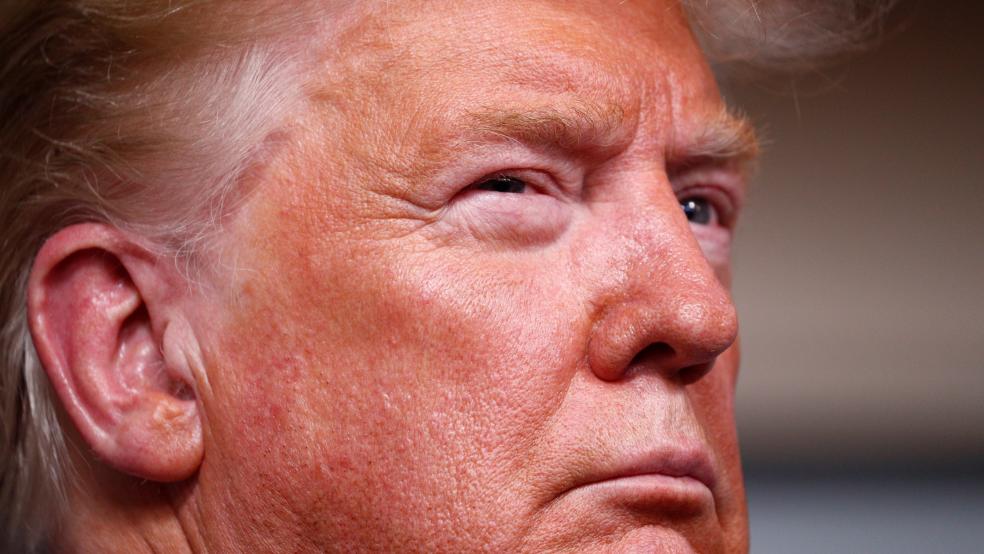While the White House has walked away from stimulus talks and President Trump is focused on his grievances over his election loss, administration officials are mapping out a number of policy moves they could make in their final days in office, touching on a variety of issues including education, immigration, health care and trade.
According to Politico’s Nancy Cook and Gabby Orr, White House Chief of Staff Mark Meadows asked aides earlier this week to provide a list of conservative policy goals the administration could push through in the next 10 weeks via executive action or agency rule changes.
From a reported list of about 15 possible initiatives, changes under consideration include tightening rules related to H-1B visas, which allow American companies to hire foreign workers, and providing coronavirus relief payments to parents in districts where schools have been closed due to the pandemic, while allowing those funds to be used for charter and private schools.
Impact is uncertain: Trump has issued executive orders and actions in the past that have had no clear effect in the real world, standing as symbolic statements rather than truly operational directives, and this expected new round of communiqués may share a similar fate. One Trump adviser says the moves could be intended to influence the next president. “It will put pressure on Biden because a lot of the ideas are popular things,” outsider economic adviser Stephen Moore said. “It would be a little politically tough for Biden to go into the White House and cancel them.”
Nevertheless, Biden reportedly has plans to undo several of Trump’s controversial executive orders on the day he takes office, including ones related to travel bans, protections for immigrants, environmental rules and public health regulations.
Another important agenda item: “In addition to rolling out executive orders and actions, Trump’s plans for the next several weeks include firing Cabinet officials who have irked him or refused to follow his lead on investigations,” Cook and Orr say. Defense Secretary Mark Esper, who was pushed out on Monday, may be the first of many firings in the weeks ahead. Other vulnerable officials include FBI Director Christopher Wray and CIA Director Gina Haspel.
Trump has reportedly been advised, however, that moving too aggressively on firings could be a problem, especially when it comes to Wray, since FBI directors typically serve 10-year terms. “Lawyers have warned the president that he could be more vulnerable to congressional investigation once he is no longer in office,” The Wall Street Journal’s Rebecca Ballhaus and Andrew Restuccia said Thursday.




